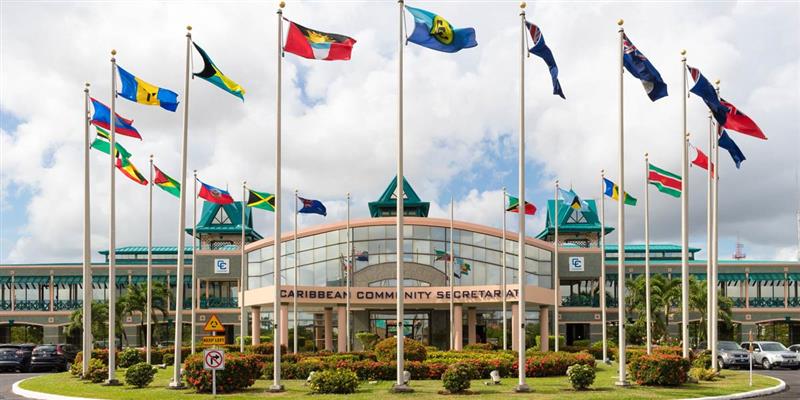On 27 February 2018 the IMF Deputy Managing Director addressed relevant issues at the opening of the Conference on Fiscal Management of Mining and Petroleum in West Africa.
The possession of natural resources has often not helped to achieve better developmental outcomes. Commodity prices are highly cyclical and volatile and this leads to fiscal pressures in countries that depend on revenue from mining or petroleum. If a country is to derive sustained benefits from the possession and exploitation of its natural resources this requires sound fiscal management, involving strong economic institutions implementing effective policies.
The Deputy Managing Director suggested that the following policies can support this:
- The tax system must ensure a fair allotment of the economic rent from mining and petroleum activities between the investors and the citizens. Tax revenue must be collected at an early stage and a higher proportion of tax should be collected from more profitable projects.
- The tax system should be administered effectively and mining and petroleum companies should comply with the requirements of the tax legislation and of their contracts.
- Revenue flows from mining and petroleum should be managed well by achieving the correct balance between government spending and saving.
- Fiscal transparency is required with openness about mining and petroleum fiscal terms and contracts, revenue collections and the use of the revenues. This involves information sharing between government agencies.
These factors are interdependent. A well designed tax system requires adequate capacity to administer it. If substantial revenue is collected it must be well managed through the national budget. Government institutions such as the Finance Ministry, Revenue authorities and Mining and Petroleum Ministries must effectively collaborate on policy design, implementation and information sharing.
The Deputy Managing Director pointed out that the IMF’s capacity development activities cover these areas. Governments around the world have worked with the IMF to strengthen their economic policies and institutions. The IMF shares knowledge through advice, training on the ground and peer to peer events such as conferences. Capacity building aims to formulate sound fiscal policies to support economic growth and achieve development goals.












